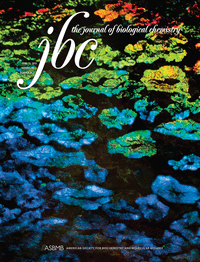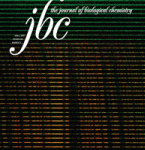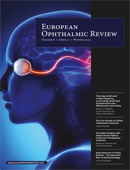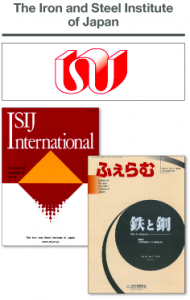 A group of authors have withdrawn a 2011 Journal of Biological Chemistry paper, but then appear to have re-published almost the same paper a month later, only this time with just five of the original nine authors.
A group of authors have withdrawn a 2011 Journal of Biological Chemistry paper, but then appear to have re-published almost the same paper a month later, only this time with just five of the original nine authors.
The paper, “HDAC3-dependent reversible lysine acetylation of cardiac myosin heavy chain isoforms modulates their enzymatic and motor activity,” concerns a type of protein regulation important to cardiac stress. Written by researchers at the University of Chicago and the University of Pittsburgh, it has been cited 16 times, according to Thomson Scientific’s Web of Knowledge. It was rated “Exceptional” by a reviewer on the Faculty of 1000 website.
As we’ve come to expect from the JBC, here’s the full retraction notice, in all its inexplicit glory: Continue reading Déjà vu: JBC epigenetics paper is retracted, then largely re-published with fewer authors
 The authors of a 2014 study on the biochemical changes that can encourage the progression of cancer have withdrawn the paper from the Journal of Biological Chemistry.
The authors of a 2014 study on the biochemical changes that can encourage the progression of cancer have withdrawn the paper from the Journal of Biological Chemistry.







